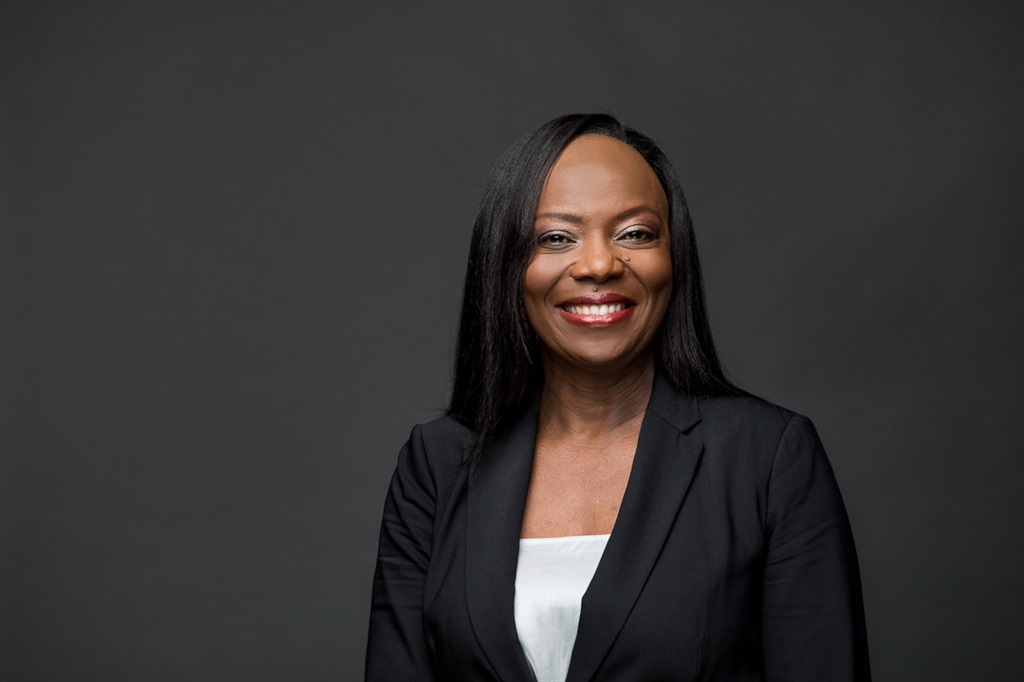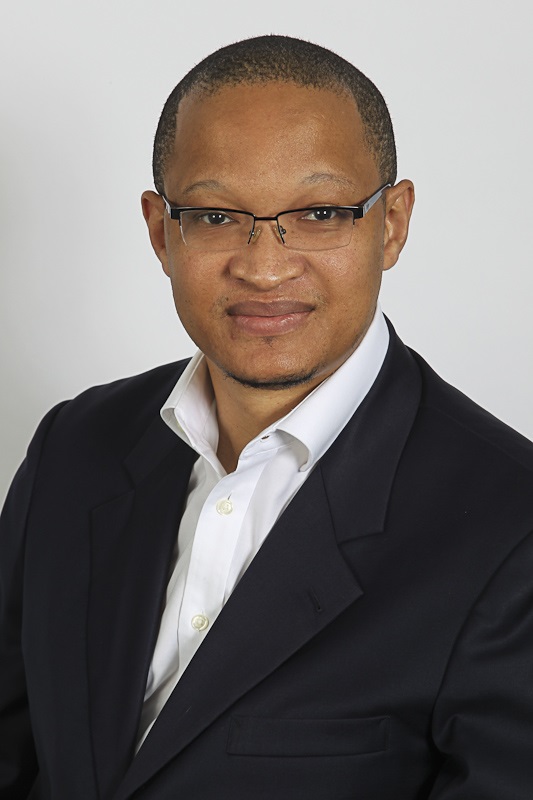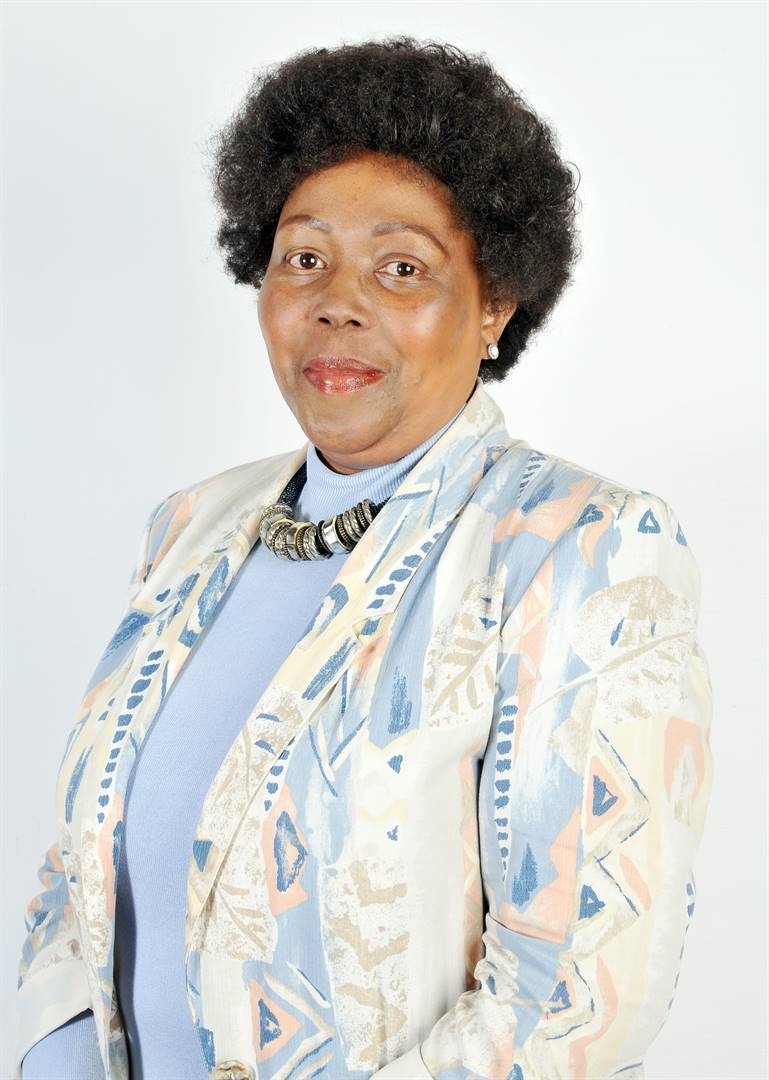
Medical scientists and virologists agree that it's not a matter of if but when we will see another pandemic.
Tim Tucker (cor), clinician-scientist and CEO at Strategic Evaluation, Advisory & Development Consulting (SEAD), said we have to learn and incorporate what we've learned from the Covid-19 pandemic to stymie future pandemics and epidemics.
"It's not if. It's when we have another pandemic. It may be next week, or it may be in 20 years. We have to learn what we have [learned] from the pandemic."
Tucker was speaking at a virtual panel discussion held by News24 and hosted by health journalist Tebogo Monama at the start of the month.
He was joined by Dr Rachel Chikwamba (cor), group executive for Advanced Chemistry and Life Sciences division at the Council for Scientific and Industrial Research (CSIR), Koleka Mlisana (cor), the executive manager of research at the National Health Laboratory Services (NHLS), and Dr Morena Makhoana, (cor) CEO at the Biovac Institute.
The interactive discussion was on Uganda's Ebola outbreak and South Africa's pandemic preparedness.
According to the latest figures from the World Health Organisation, since the outbreak on 20 September until 7 November, there have been 136 confirmed cases and 53 confirmed deaths from the Sudan ebolavirus.
Tucker said that for evidence that there could be another epidemic or pandemic, one just has to look at the past 13 years.
"There was SARS-CoV-1 virus in the early 2000s where the virus jumped from a bat into a human. This [last pandemic] is the SARS-CoV-2 virus [what we call Covid-19].
"SARS-CoV-1 had an 8% mortality rate. Imagine that had escaped with an 8% mortality rate. Then, 10 years later, in 2012 2013, there was the [Middle East respiratory syndrome] MERS-CoV which jumped from camels to humans – with a 30% mortality rate - if that had spread, there could have been a pandemic."
Makhoana said: "If you look at 2009…on the eve of South Africa hosting the [Fifa] world cup, there was an outbreak of H1N1 flu which nearly became pandemic. It was a scare…which affected pregnant women, and some died.
"We've seen Zika [virus], which didn't affect South Africa. There was Ebola in the Democratic Republic of the Congo – and there's another strain affecting Uganda now. And Covid-19, which was a real pandemic.
"So, in the past 13 years, there has been one pandemic, but serious outbreaks of viruses – and some serious ones like Ebola, which kills one in two people.
"Going forward, we have to acknowledge these diseases and assume there is going to be a pandemic – but we need to prepare and act."
He said climate change diseases like cholera, which is seeing outbreaks at the moment, are becoming more frequent.
"Cholera is an old disease, but because of climate change, we are seeing more of it because of a lack of sanitation [because of water scarcity in some areas].
"These are infectious diseases on a small level, but let's rather get prepared."
Chikwamba said that our proximity to animals also put South Africans at risk.
"Thinking about one's health…we live in close proximity to animals [so the propensity] is very real for [something] contagious."
She said that surveillance and looking at trends, such as climate change and seeing how it can affect diseases, was a good way to model future potential diseases and outbreaks.
And Chikwamba added that we are suffering from an ongoing pandemic with HIV.
Mlisana said the country needs to learn why Covid-19 had such a significant impact.
"We need to ask ourselves how we got to where we were when Covid hit. The issue is that we were not prepared for such a pandemic, and we had not invested enough in primary healthcare.
"Our tendency is to work in silos…, and there is not enough cooperation – there is still so much we don't know or understand. What is important is what we learned – whatever worked – we need to build on those structures."
She said the existing infrastructure within diagnostics, like the pathology labs, assisted in getting the country tested for the virus.
"We saw how [important]... investments before the pandemic were. The investment has got to happen now. The collaborations, we need to sustain those, the surveillance - need to maintain.
"We were now able to develop wastewater surveillance [created during the pandemic], and we need to monitor that, so we pick up early signs [of a disease]."
Tucker said preparedness is what led to the quick Covid vaccine creation.
"People wonder, how did we create a vaccine in 12 months? But the funding agencies have been funding work into Messenger RNA [mRNA is a single-stranded RNA, a genetic molecule, which tells the body how to make protein]."
The Covid vaccine contains mRNA, which is injected and enters the cells telling the body how to make the protein to help fight off the virus.
"There has been research into mRNA vaccines for the last 30 years, and that [research] happened to come into maturity at the time that Covid hit. [That's why there was a] rapid transition [in the creation of the vaccine] which saved tens-of-thousands of lives."
Mlisana said people often ask why a vaccine for Covid came so quickly, but HIV still doesn't have a cure.
"By the time the pandemic hit, there was a lot of investment into mRNAs. It was easier to create a vaccine because the structures had already been established to create a vaccine."
She said this includes clinical trials which had already been taking place.
"All these gains been done over time we saw benefits, and therefore we could come up with a vaccine in 12 months. So it's important to invest now and continue to invest because you never know when you are going to need it."
* Dr Tim Tucker, a clinician-scientist, is CEO of SEAD Consulting and Adjunct Associate Professor at UCT School of Public Health.
“A great injustice of the Covid-19 pandemic is that it affected poor and marginalised communities far worse than the wealthy. As we work to prepare for the next pandemics, we must work to reduce inequality in the provision of healthcare.
Dr Morena Makhoana is CEO of Biovac.
“Emerging nations like South Africa must look to build product development capability and innovation to prepare for future pandemics. The key is building partnerships, and bridging the chasm between research and production.”
Prof Koleka Mlisana is the executive manager of academic affairs, Research and Quality Assurance at the National Health Laboratory Service.
“It is critical to build capacity to address the next pandemic. But we dare not lose focus on existing health challenges like TB and HIV.
Dr Rachel Chikwamba, is group executive in Advanced Chemistry and Life Sciences at the Council for Scientific and Industrial Research.
“Covid-19 has shown how investing in science and technology to develop new, efficacious technologies is strategically invaluable. The key, however, is to invest in scientific capabilities when we are not in a crisis.”
This is a sponsored content piece produced from a virtual panel discussion held by News24 and hosted by health journalist Tebogo Monama.




 Publications
Publications
 Partners
Partners

























